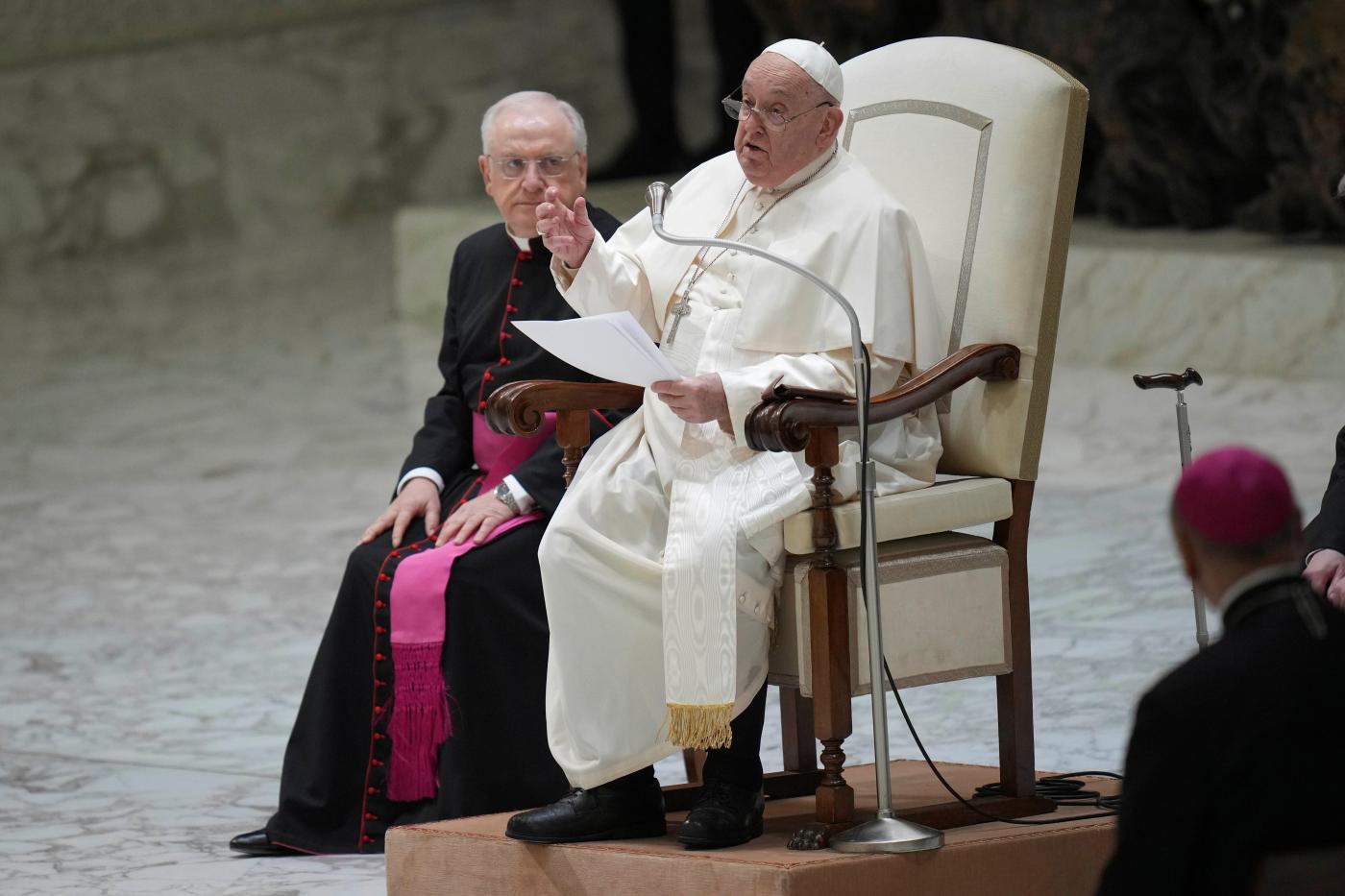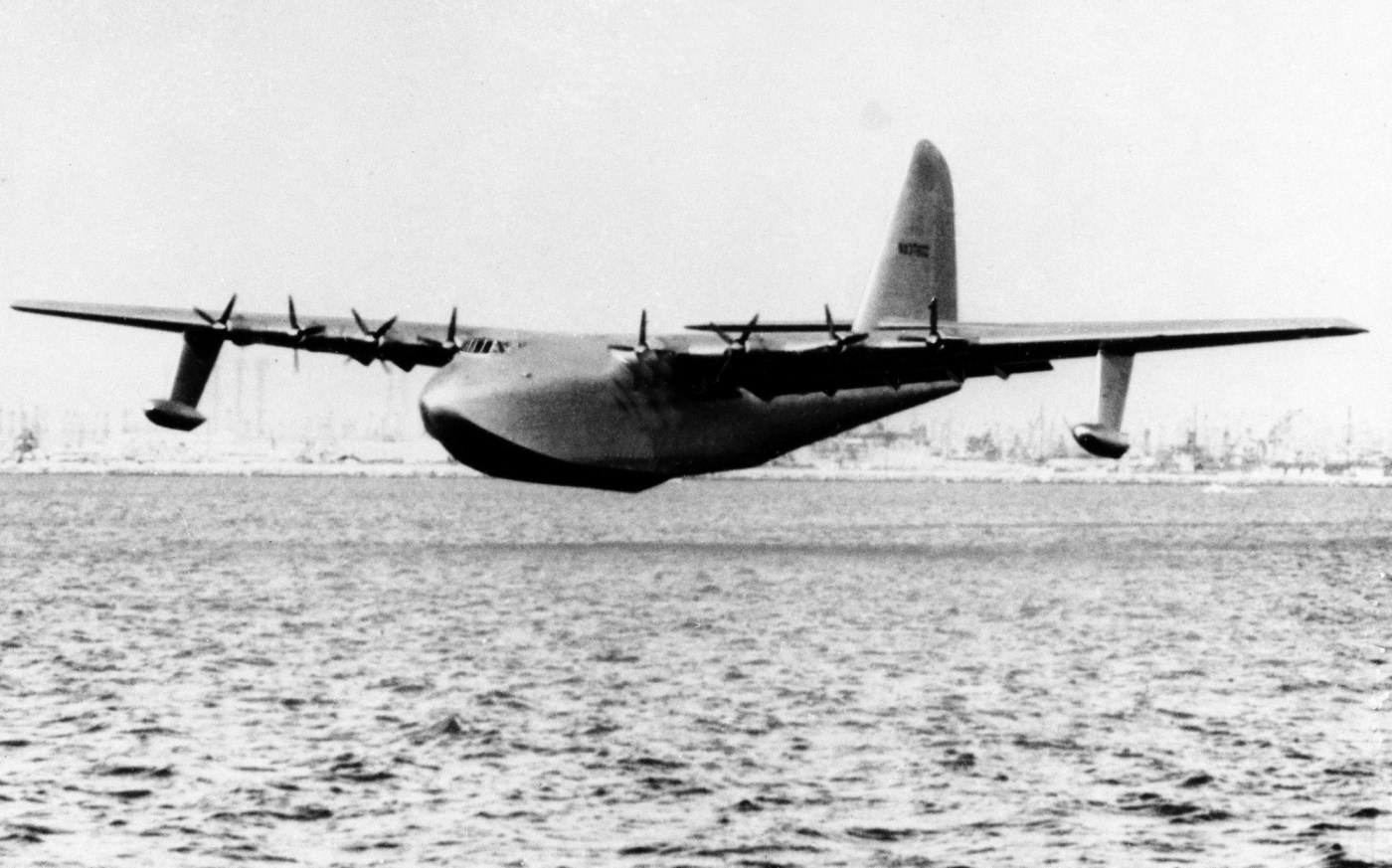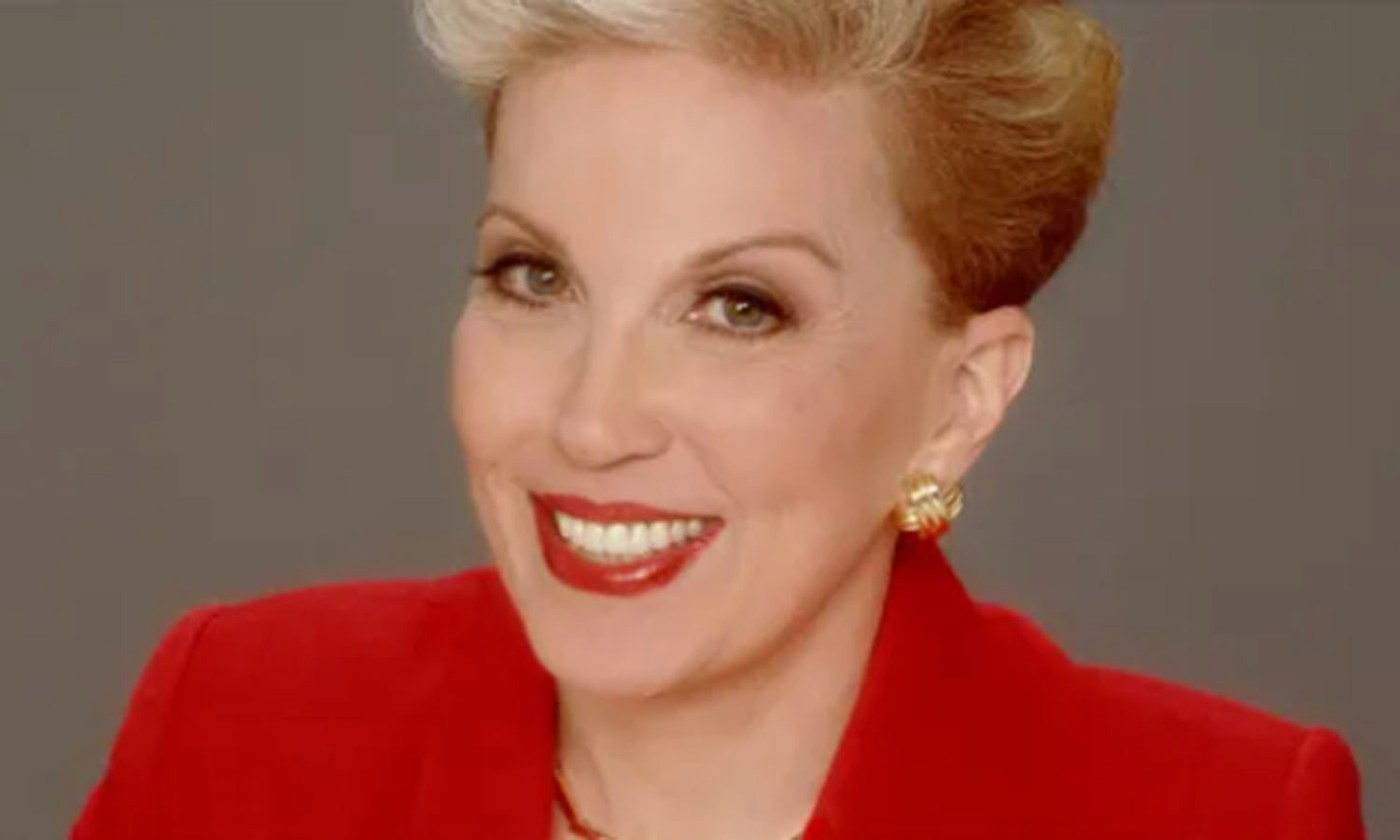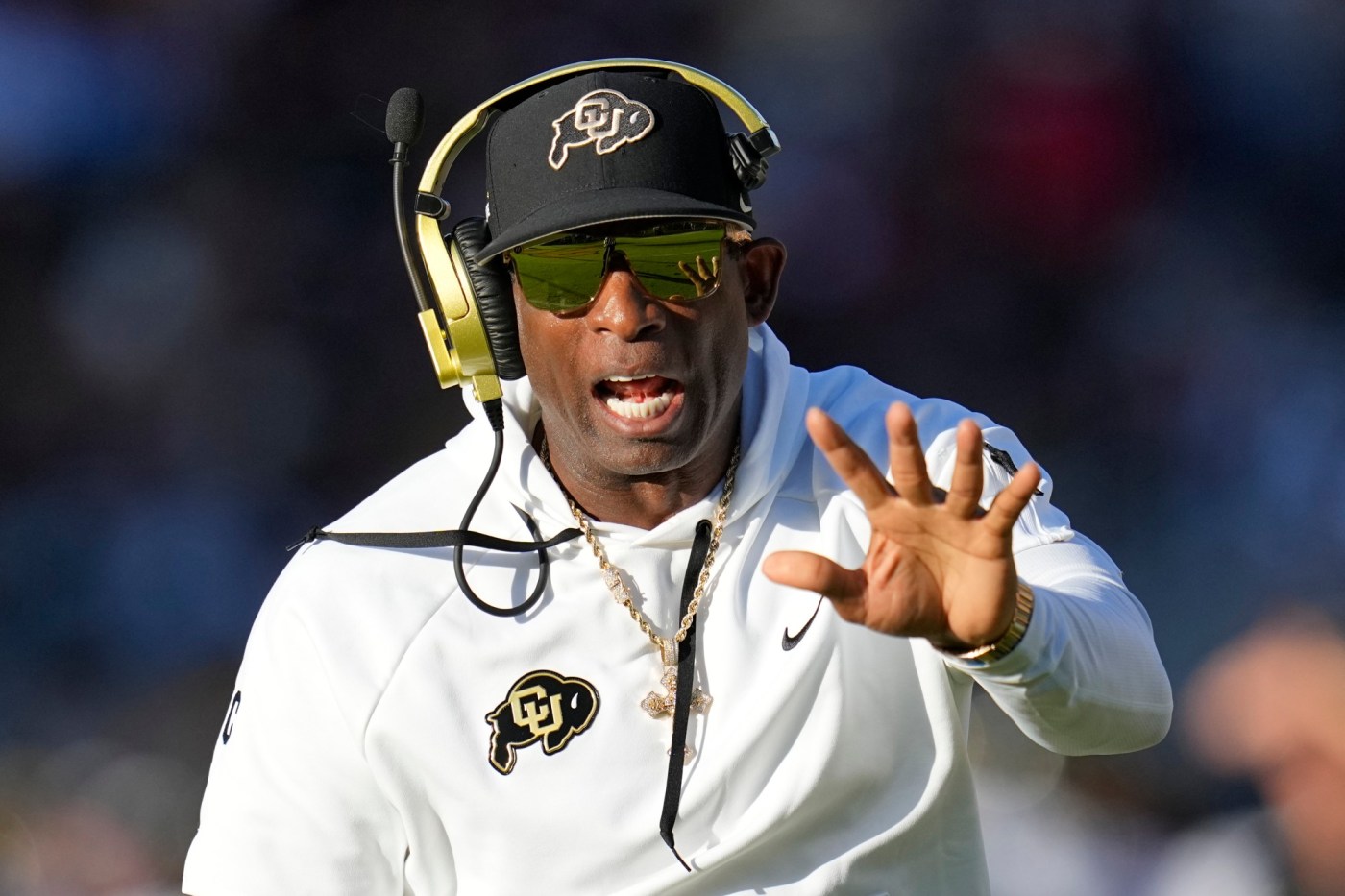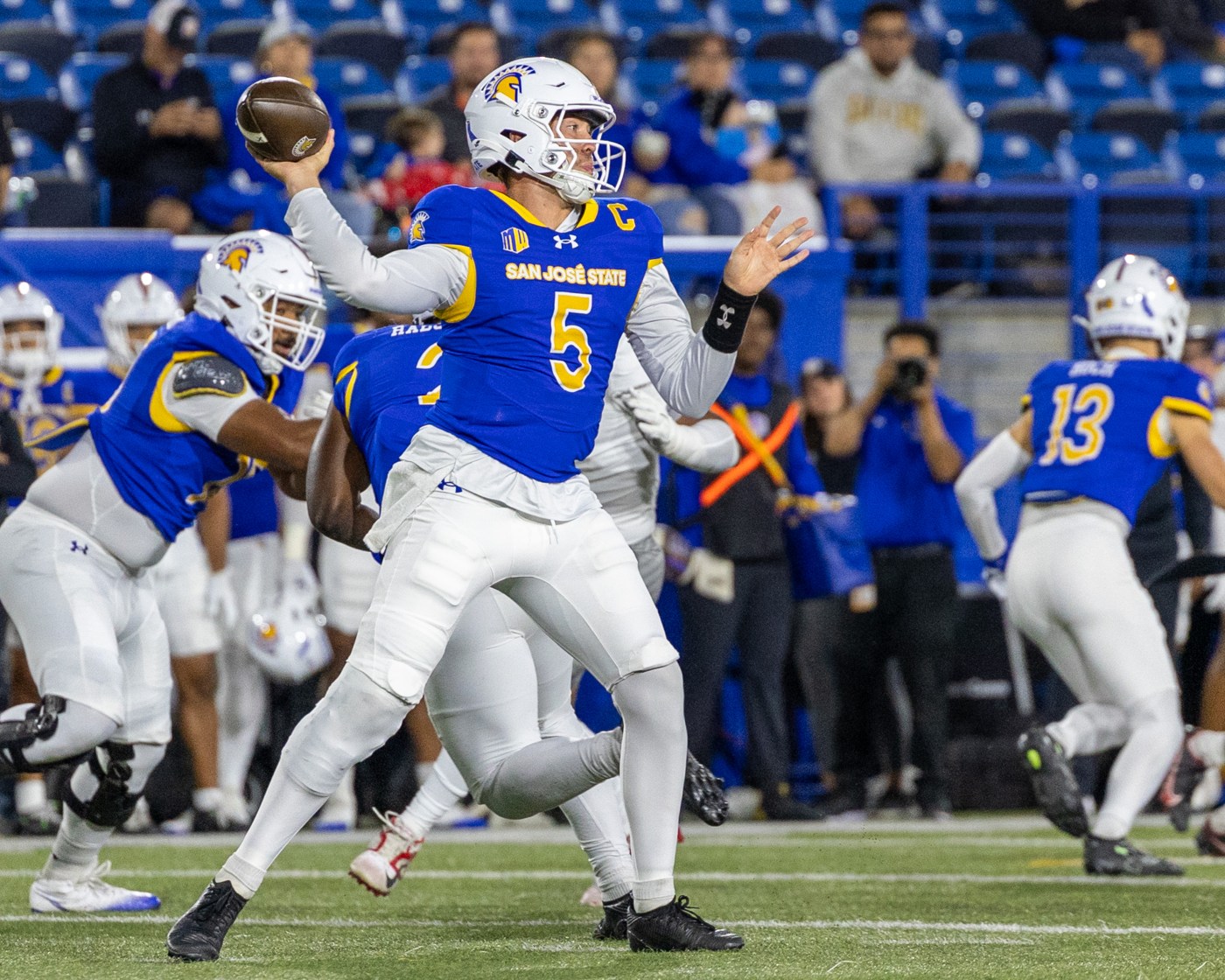Pope Francis never visited California or his holy namesake’s city by the bay, but in many ways, the heart of his message made a tremendous imprint here.
The first pope from Latin America preached about the humanity of immigrants and protecting the environment and famously — and surprisingly — stated about gay people “who am I to judge?” — all themes that resonated in the largely liberal Bay Area.
Related Articles
Which cardinals are seen as contenders to be the next pope?
What to know about the death of Pope Francis
The rites and rituals following the death of a pope, his funeral and burial, explained
Pope Francis, Latin America’s first pontiff who ministered with charm and humility, dies at 88
Photos: Easter celebrations around the world
Francis — who first addressed a crowd of adoring well-wishers 14 years ago from St. Peter’s Basilica balcony with a simple “buona sera” — died Monday, the day after Easter, after a long struggle with pneumonia. He was 88.
The loss is being felt acutely by Former House Speaker Nancy Pelosi of San Francisco, who considers herself a devout Catholic. She met with Pope Francis several times over the years and, in a recent interview, said she broke down in tears when she met with him privately in 2021.
“It was just overwhelming to be in the presence of the pope,” she said. “I’ve met several popes, but this pope was so special in terms of the progressiveness of his message, how he gave us confidence, gave us faith, gave us a path.”
In 2022, San Francisco’s conservative Archbishop Salvatore Cordileone banned Pelosi from receiving Communion at Mass at any parish church in the city because of her pro-choice stand on abortion. She made a formal appeal to the pope, who had described the Eucharist as “not a prize for the perfect but a powerful medicine and nourishment for the weak.”
When Pelosi and her husband, Paul, visited the pope at the Vatican a month later, in June 2022, she received Communion, without fanfare, from one of the priests there.
In the South Bay, Diocese of San Jose Bishop Oscar Cantu says that Pope Francis was a refreshing voice to members of the 53 parishes throughout the diocese, where half offer Spanish masses. The pope wasn’t without his critics, including in the conservative Latino community, but Cantu said that many members of the East Side San Jose congregations have been especially receptive to the pope’s messages of support for the plight of immigrants.
“I invoke Pope Francis’s name and his example often when I visit parishes, when I preach, and I can see the heads nodding in agreement and the warm glow of appreciation in the faces when I mention things that he has said,” Cantu said.
For a modern pope following the tenets of the Catholic faith, Francis was considered a progressive man of his time.
When the pope greeted the faithful at his first public appearance with a humble and engaging “good evening” instead of the holy sign of the cross immediately — and hopped out of the “Popemobile” — he showed his ability to connect with common people, said Father Matthew Cairnes, vice president for mission and ministry at Santa Clara University.
“The idea of a culture of encounter was something he really wanted the church to be engaged in,” Cairnes said. “I think that will be one of his lasting legacies.”
The other will be his care of the environment, he said. Pope Francis took his name from St. Francis of Assisi, the patron saint of animals and the environment. In a May 2017 meeting during Trump’s first presidential term, the pope urged Trump to not withdraw from the Paris Agreement. Last year, Francis organized a climate summit.
Although Pope Francis didn’t support gay marriage, he did win support among the LGBTQ community for supporting civil unions and blessing gay couples and allowing transgender people to be baptized. In the Bay Area, however Oakland Bishop Michael Barber joined Cordileone in issuing a letter in 2023 opposing gender ideology as “radically opposed to a sound understanding of human nature.”
A decade had passed since the pope, traveling with reporters on a papal airplane, said of gay priests, “if someone is gay and he searches for the Lord and has goodwill, who am I to judge?”
It was a stunning departure — his predecessor Benedict XVI called homosexuality “an intrinsic moral evil.”
In 2013, Pope Francis was named Person of the Year by The Advocate, an LGBTQ magazine.
Pope Francis, an Argentina native, was not without controversy among a variety of groups in the Bay Area. He supported the sainthood of Junipero Serra who founded the string of California missions despite objections that indigenous people were enslaved building them; he appointed women to new positions in the church but opposed women as priests.
During the U.S. presidential election last fall, the pope criticized both Donald Trump’s anti-immigration rhetoric, as he had in his 2016 campaign, and Kamala Harris’s pro-choice abortion stance as “against life,” and urged voters to choose the “lesser evil.”
Pelosi said she thinks back on that day when she broke into tears with Pope Francis.
They talked about immigrants then, which was a big issue in Italy at the time as well, she said.
“When people are treated with such disrespect because they are immigrants — I keep perceiving pictures of the baby Jesus and the blessed mother and St Joseph,” Pelosi said. “It all comes down to the same thing — love. We had a good discussion about that.”
With Pope Francis gone, a time honored tradition of choosing a new pope will begin. So what lies ahead for the church? Will the next pope continue in a progressive direction?
Bishop Cantu of San Jose isn’t worried.
“The church,” Cantu said, “thinks in centuries and not in news cycles.”
Pope Francis’ “imprint on the church,” he said, “is going to be indelible.”
